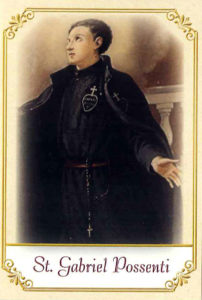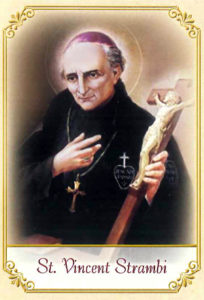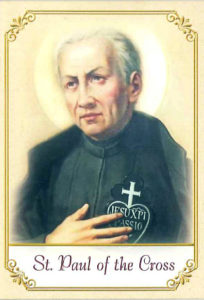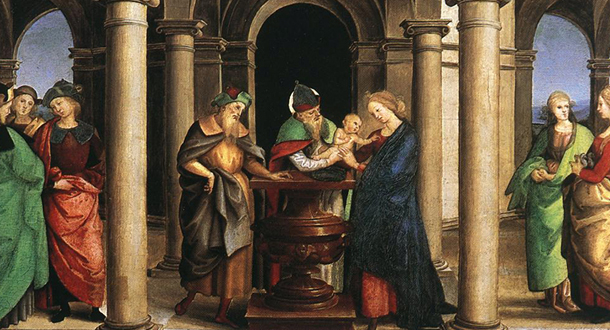 Scripture:
Scripture:
Reflection:
As an undergraduate student at Chicago’s DePaul University in the 1960’s I learned to think. At least I believe I did. I learned about logic, logical fallacies, the square of opposition, rhetoric… I studied different philosophers beginning with Aristotle, Plato, down through Thomas Aquinas to the more contemporary thinkers like Immanuel Kant, Bertrand Russell, Karl Marx…
While I was wrangling with all these great ideas, life happened all around me. Bobby Kennedy and Martin Luther King were assassinated; blocks on the West Side of Chicago were burned out. The Vietnam War raged on.
I student-taught right after King’s assassination. During that time, I hardly remember a day that we didn’t have a false fire alarm. Some student would pull an alarm (these were the days before ubiquitous cameras) and we would have to evacuate this entire large inner-city public school only to wait for the fire department to arrive and tell us what we already knew, that it was ok to return to our classrooms. By the time we got back to our classroom, we might have ten minutes to continue our activities before dismissing the class.
Today’s gospel selection tells of a similar time. John the Baptist is unjustly in-prisoned, and eventually put to death because of the wiles of those in power. Jesus it seems is powerless to change that outcome, and yet he claims to be God. Something doesn’t compute, at least to “the world’s” way of thinking and all the logic and great philosophies I learned seem useless.
If I am to live today, I must believe that a loving power is actually in control, watching over me and all of creation, lovingly nourishing and walking with each of us. God, I pray for faith today, faith that you truly are in charge and that all will be ok and then I’ll walk my class back up to the fourth floor and get as much of the class completed as we have time.
Dan O’Donnell is a Passionist Partner and a longtime friend of the Passionists. He lives in Chicago.

 Scripture:
Scripture: Scripture:
Scripture:



 Scripture:
Scripture: Feast of the Presentation of the Lord
Feast of the Presentation of the Lord Scripture:
Scripture: